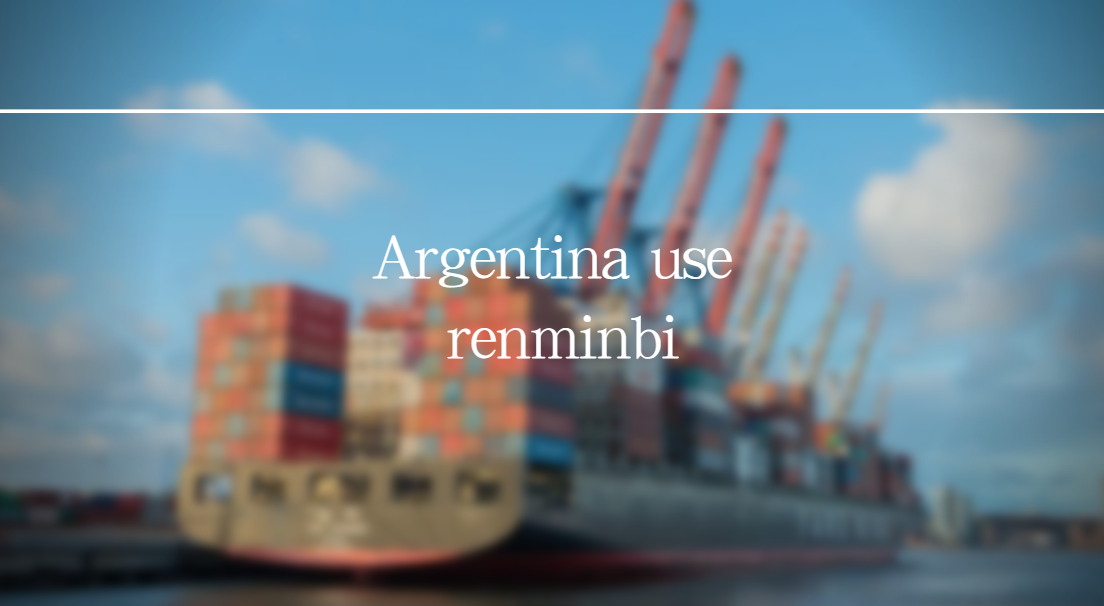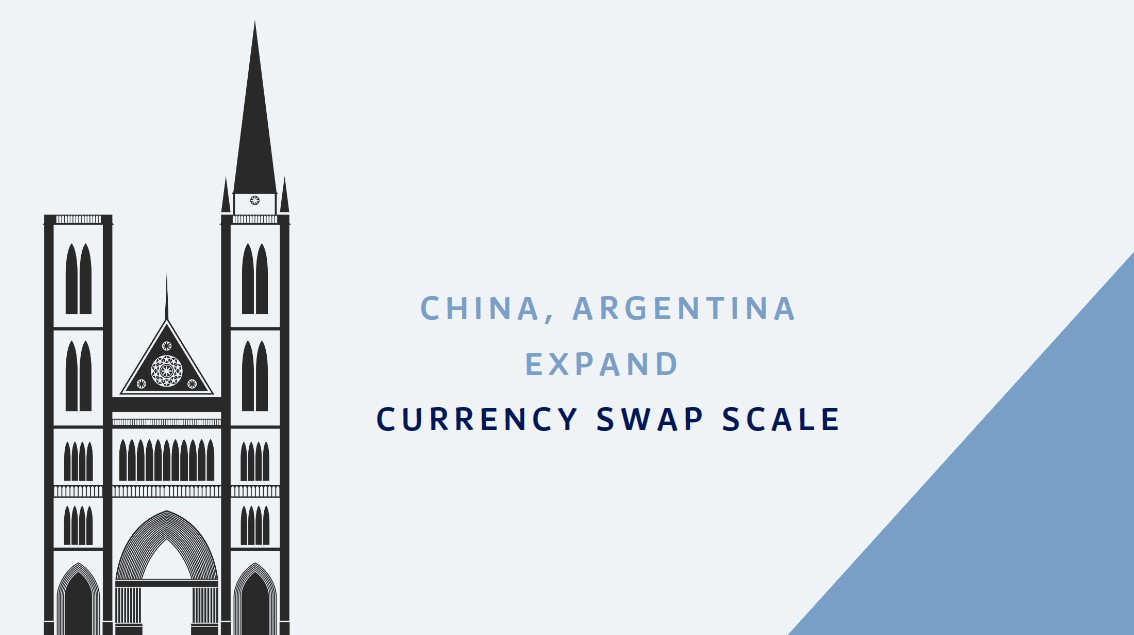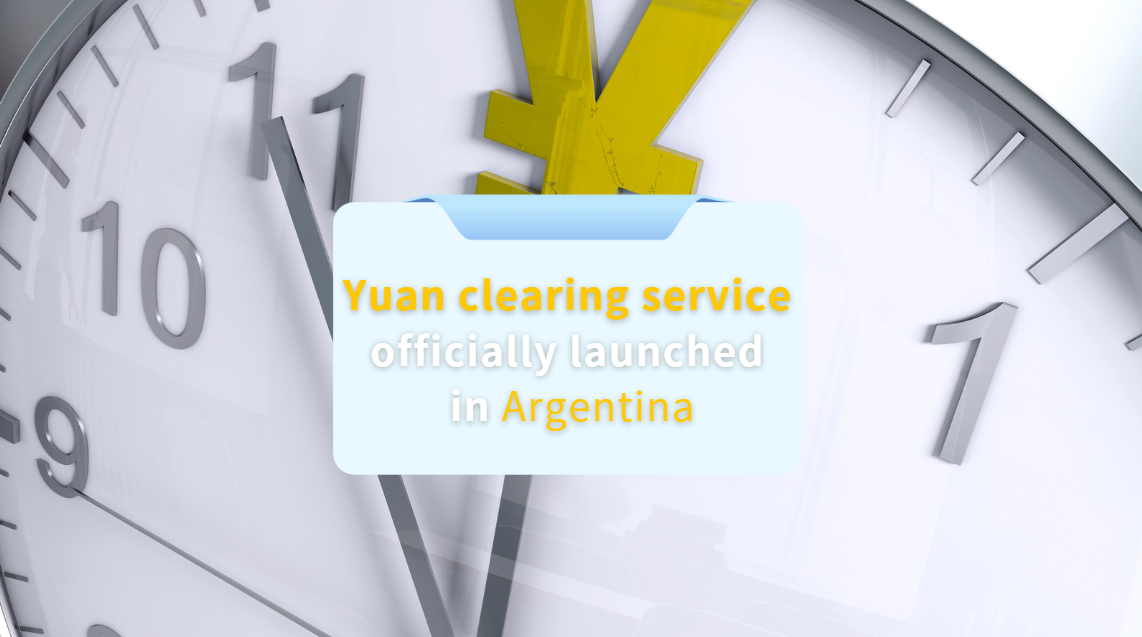Argentina Seeks to Expand Currency Swaps with China to Prevent Peso Selling
According to local media reports, the Argentine government is seeking to expand bilateral currency swaps denominated in the Chinese yuan with China to support central bank reserves and curb further selling of the peso. Currently, its domestic inflation rate has exceeded 100%.
Economy Minister Sergio Massa will travel to Beijing on May 29th to renew and renegotiate the swap line with his Chinese counterparts. It is still unclear how much Massa is attempting to expand and how much Argentina can freely use it. The News Office of the Ministry of Economic Affairs did not respond to requests for comment.
At the time of this trip, Massa, considered a potential presidential candidate for this year's election, is attempting to curb the peso sell-off, which is part of the vicious cycle of Argentina's inflation crisis. In the face of a severe shortage of dollars, prices have risen by 108.8% year-on-year as of April. At the same time, Massa is also renegotiating Argentina's $44 billion plan with the International Monetary Fund, seeking to obtain more cash from the institution in June than currently planned.
The report states that for China, this is another opportunity to expand the global use of the renminbi to reduce its dependence on the US dollars, but providing more loans to Argentina, which has defaulted continuously, carries risks.
Since 2008, the People's Bank of China has signed currency swap agreements with about 40 countries to promote the international use of the renminbi. In the past two years, the activity carried out through such swaps has accelerated, with global central banks using record amounts of RMB through swap agreements in the first quarter.
Argentina and China signed a swap limited agreement of 70 billion yuan (9.9 billion US dollars) in 2009 and expanded it to 130 billion yuan in 2020. In recent months, China has allowed Argentina to use up to $5 billion in swap funds known as "operating accounts" to finance imports from China or to have local companies repay their foreign currency debts in Chinese yuan.
According to sources who declined to be named, Massa plans to request China to increase the total amount of currency swaps and will apply for a larger "operating account" limit, which means he can obtain a larger proportion of swaps for free.
The Central Bank of Argentina is increasingly providing more RMB in its foreign exchange market to address the shortage of US dollars. A person familiar with the situation said that the current trading volume of RMB in the foreign exchange market does not exceed 10% of the total amount, but its growth is accelerating growth.
According to a study earlier this year, the People's Bank of China is becoming an influential lender of last resort, providing nearly $200 billion in aid to many countries in need between 2016 and 2021.
With the October elections, Argentina is expected to enter a recession this year as triple digit inflation and record drought hit commodity exports and are damaging wages and economic activity.





















































First, please LoginComment After ~